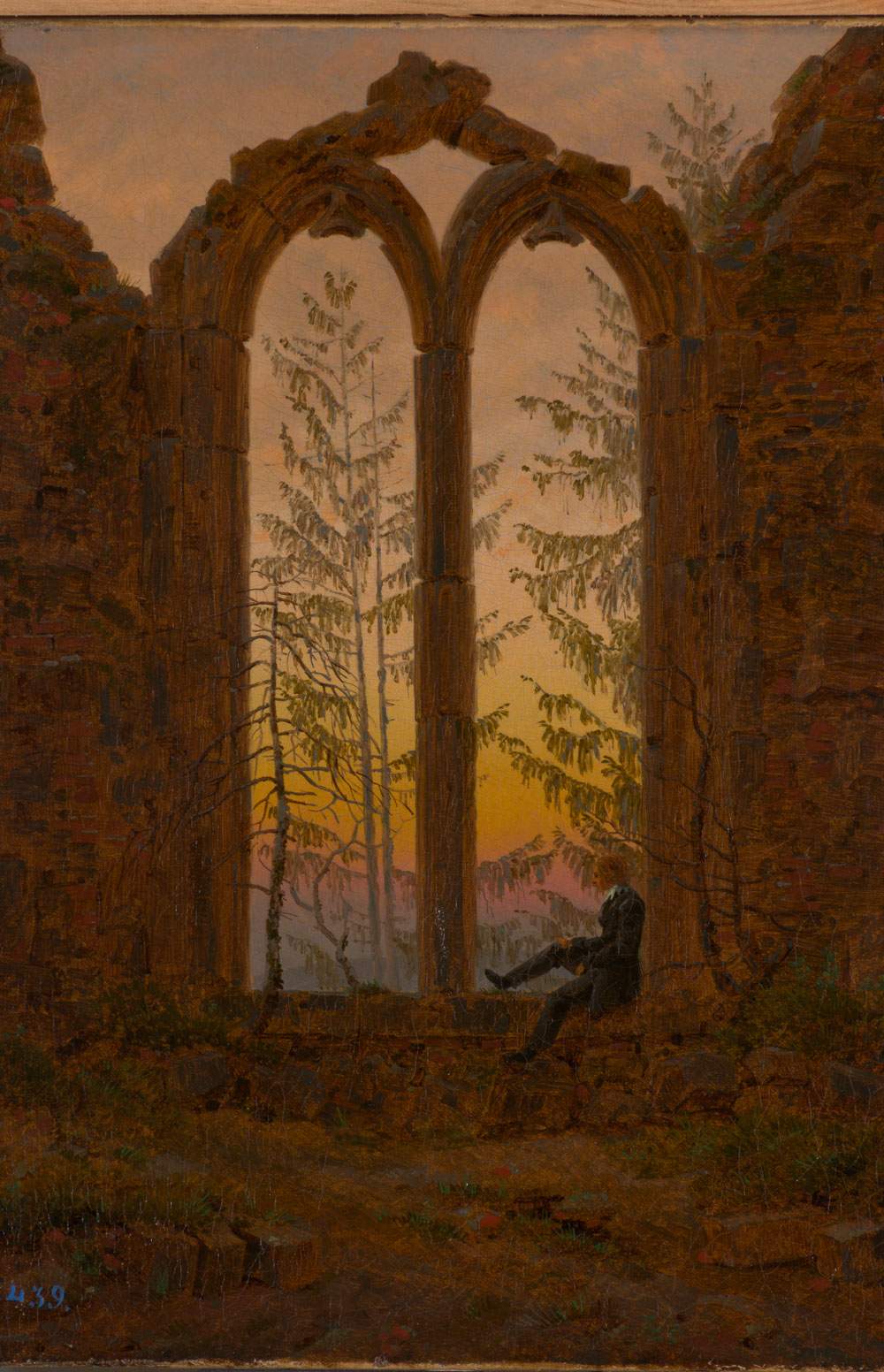Futuruins, the exhibition at Palazzo Fortuny that reflects on the meaning of ruins
Until March 24, 2019, Palazzo Fortuny in Venice is hosting the exhibition Futuruins. More than 250 works, eighty of which are from the State Hermitage Museum, from antiquity to contemporary art, to reflect on the meaning and significance of ruins, on the construction of the future, through an awareness of the inescapable link with the past.
Curated by Daniela Ferretti and Dimitri Ozerkov with Dario Dalla Lana and born of the collaboration between the City of Venice, the Fondazione Musei Civici di Venezia and the State Hermitage Museum of St. Petersburg, the exhibition reflects on the theme of ruin: an allegory of the inexorable passage of time, always uncertain and changing. The aesthetics of ruins is a crucial element in the history of Western civilization. The ruin symbolizes the presence of the past but at the same time contains within itself the potential of the fragment: a fragment that comes to us from antiquity, covered by the patina of time, for its cultural and symbolic implications also becomes a valid “foundation stone” for building the future. It comes from the past, lends richness of meaning to the present, gives awareness to future projects. Ruin also reminds us of the symbolic strength of stone, inherent in its hardness and weight, all the more in contrast to the fragility and weakness of the human body.
The more than 250 works from the Venetian Civic Museums and the State Hermitage Museum, as well as from public and private, Italian and international collections, illustrate the multiple meanings taken on by ruins through the centuries: from the architectural and sculptural remains of Greco-Roman, Egyptian, Assyro-Babylonian and Syrian civilizations, to contemporary art that looks at the physical and moral ruins of today’s society. Ruins of its architecture, cities and suburbs, but also of men and ideas, the result of time, neglect, degeneration, natural or political tragedies such as wars and terrorism.
Also present are a series of works specially conceived for Futuruins that offer new stimuli for reflection on the present: works by Franco Guerzoni, Christian Fogarolli, Giuseppe Amato, Renato Leotta and Renata De Bonis. The latter, with Sounds after Caspar David Friedrich. The Dreamer, wanted to capture the present-day sounds of the place immortalized by the great German artist in the very famous painting of The Dreamer, one of the masterpieces that came from the Hermitage for this exhibition and a true icon of the nineteenth-century taste for ruins. Between the two temporal poles of the exhibition, there are cross-disciplinary masterpieces-paintings, sculptures, applied arts, graphic works-suggesting the major themes addressed. Many have been selected from Venetian collections-from the jellyfish of Arturo Martini and Franz von Stuck to the nocturnal, fiery ruins of Ippolito Caffi and the Urbino ceramics with themes of genesis and death-others come from museums and private collections, and more than eighty are on loan from the State Hermitage Museum, with works including those by Albrecht Dürer, Monsù Desiderio, Giovanni Paolo Pannini, Jacopo and Francesco Bassano, Parmigianino, Veronese, Jacob van Oost the Elder, Arturo Nathan, and Alessandro Algardi.
Ruins can be a burdensome legacy, a paralyzing warning, a memento mori reminding us that everything is vanity; or, conversely, their presence can be a stimulus to rediscover their message, renewing their capacity to generate meaning.
For info: www.fortuny.visitmuve.it
Hours: 10 a.m. to 6 p.m. Closed Tuesdays.
Tickets: Full 10 euros, reduced 8 euros. Free for children up to 5 years old.
Image: Caspar David Friedrich, The Dreamer (Ruins of Oybin Monastery), (c. 1835; oil on canvas, 27 × 21 cm; St. Petersburg, State Hermitage Museum)
 |
| Futuruins, the exhibition at Palazzo Fortuny that reflects on the meaning of ruins |
Warning: the translation into English of the original Italian article was created using automatic tools. We undertake to review all articles, but we do not guarantee the total absence of inaccuracies in the translation due to the program. You can find the original by clicking on the ITA button. If you find any mistake,please contact us.



























